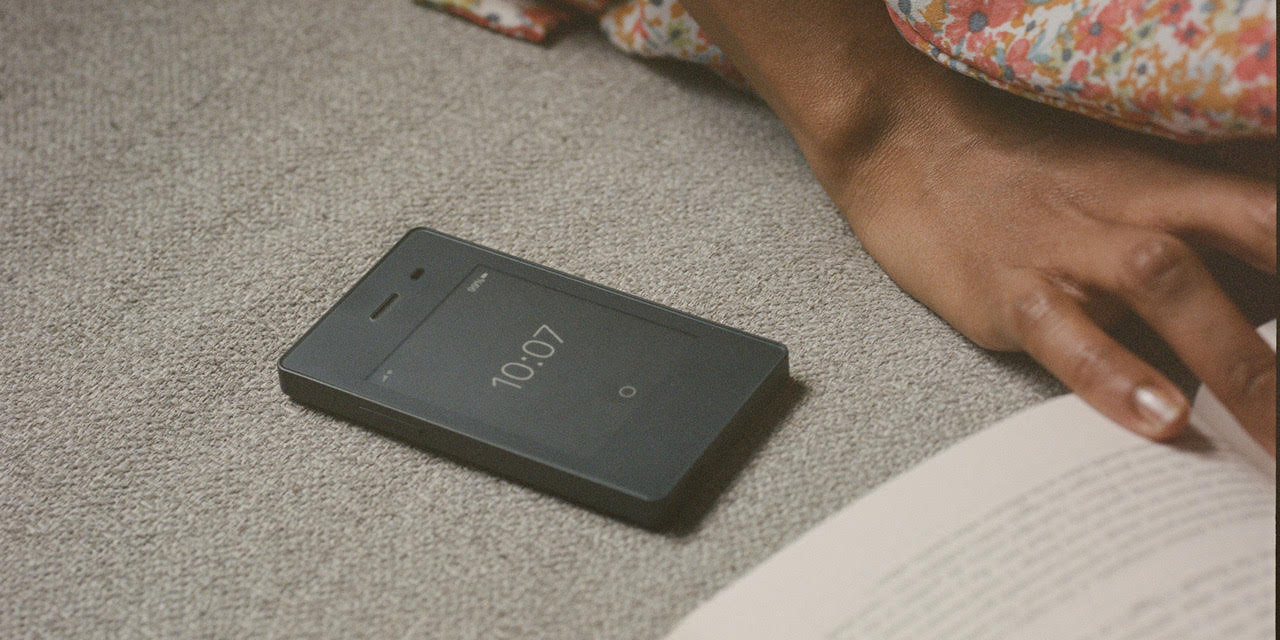Crisis computing
This medium is more TX than RX, but I wish I could ask you all if you're all OK. I hope you are.
One thing that cheers me up in dark times is remembering that we more-or-less came back from Watergate. Maybe not in one piece, but back anyhow. The actual break-in at Watergate was in June, 1972. It would take all until almost the end of 1976 for the reverberations of the scandal to begin to dampen in Gerald Ford's defeat. In the wake ... no, decades after the wake of Watergate scandals are still called '-gate'. Even Sharpie-gate. So many that Wikipedia has a page devoted to -gates. William Safire intended the gate-ization of even minor scandal to minimize the stain on Nixon's own legacy. Maybe it did. At the precise moment of Sharpie-gate, for example, Nixon's standing in history as a mature and responsible president was starting to rise.
Fortunately, not everything with '-gate' in the name was tarred with the same brush. Toyota introduced a lift-gate version of the Corolla for the first time in 1976. No matter what's happening in the US economy or body politic from moment to moment, new families are being created and new babies are born. New cars were bought when they're needed, not when they necessarily make sense. For anyone who doubts, I simply mention the 1976 Chevrolet Chevette. There's a car that became the best-selling small car in America that never made any sense at all.

1976 Toyota Corolla Liftgate^h^h^h^hback (Image linked from Hemmings)
Maybe it helps that Toyota actually marketed the Corolla as a lift-back, not a lift-gate. No such luck for computer company Northgate. Northgate was founded in 1987 during the height of the PC-clone boom, more than a decade after peak Watergate. Alas, any favorable position a decade out from a major crisis is almost guaranteed front-row seats for the next. A few months after Northgate was established, the DJIA endured losses so large during Black Monday that it sparked fears of another Great Depression. Crash or not, Lotus 1-2-3 was not going to run itself and PCs were indispensable if only to plot the decline of the Republic. Northgate managed to ship excellent keyboards and decent PCs for years, unwinding across the Pentium era with a series of whimpers.
Fellow PC clone maker Gateway 2000 set up shop in September 1985, right in the thick of the Iran-Contra scandal. Like Northgate, the decline of Gateway was smeared across a decade. The dot-com crash was hard on markets but people mostly kept buying computers. Gateway did exchange its distinctive cow spots for a blobby melanoma-shaped logo around the time of the crash.
That's two anecdotes – a gate- and a -gate, but hardly a trend. I could root around on Wikipedia until the cows come home looking for more computing -gates, but so could you. Instead, I give you the gate-all-around transistor. First demonstrated in 1988 by Toshiba (during the Savings and Loan crisis), you may wind up buying these clever transistors in your personal computing devices during scandals for decades.
I can't promise that our water will still be fluoridated in a year or that the National Guard won't be called out to our unsecured Eastern and Western borders to deport wave after wave of ... waves as the sea rises. I can almost guarantee that some of you will buy a new phone or laptop or car.
What do austerity, fuel crises, tariffs, and general economic uncertainty do to cars? Mostly make them better and simpler. This may be the best possible moment for a startup like Slate and their bare-bones, and inexpensive, plastic electric pickup / SUV thing.

I like to think that's true for computing as well. What will that mean? Will people buy austerity computers as unpleasant as the Chevette? I doubt it. Will more teenagers thrift vintage machines along with jeans? I think that's slightly more likely. I think it's most likely that intrinsically inexpensive devices like the "light" phone will become more popular. Tell yourself an e-ink phone with a $25/mo service plan is principally distraction-free self care, not an economy. Maybe the light phone has a computing cousin somewhere.

As for the Corolla? Well, the Corolla is still one of the cheapest new cars available in the US, starting at under $23k. Perhaps a good crisis is what it will take to bring relief from neighbor Mexico, where the smaller Yaris is still available and retails for the equivalent of $16k. That Yaris has essentially the same weight, width, and wheelbase as the 1984 Camry.


Member discussion